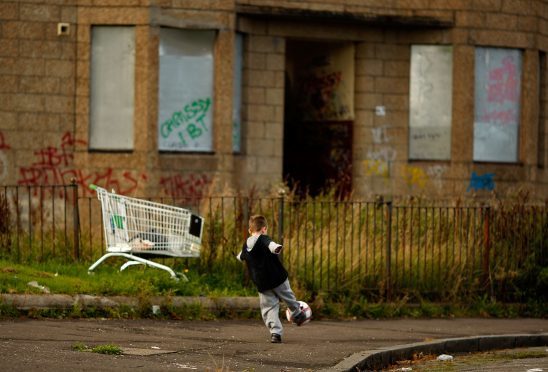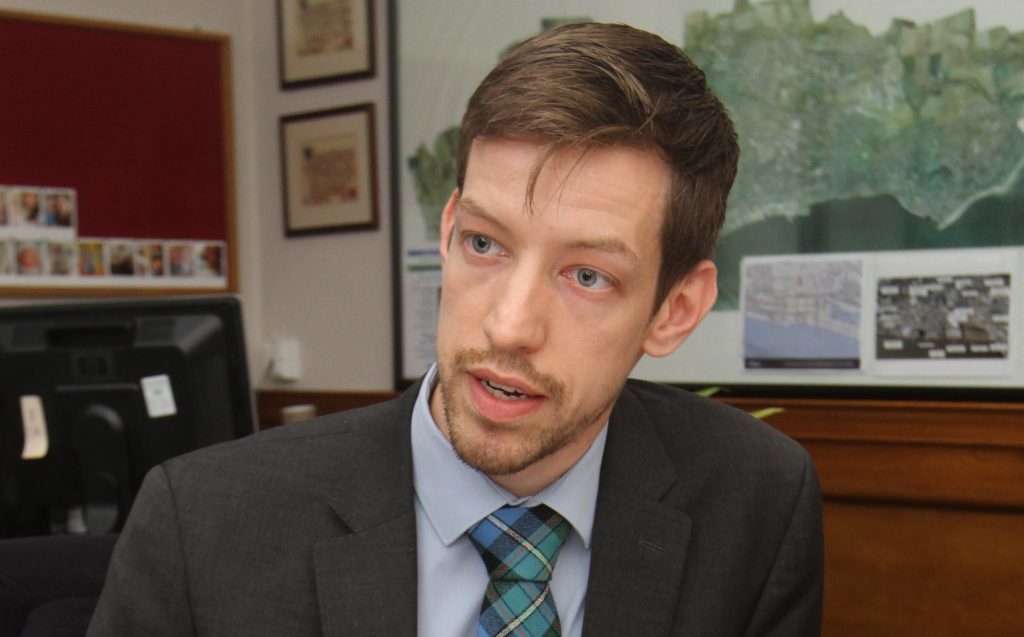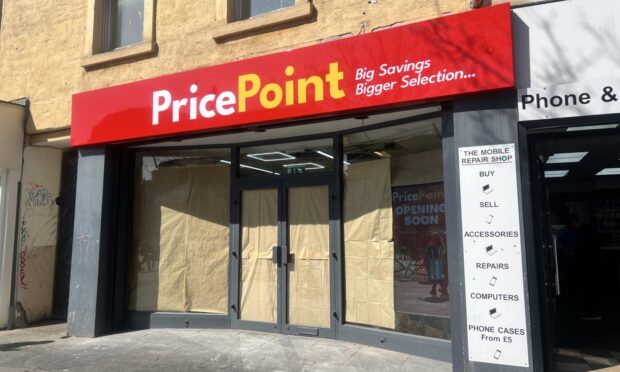The number of hard-pressed Dundonians who have had to seek emergency help from the council has increased more than tenfold since controversial benefit changes were introduced.
In 2017/18 Dundee City Council was forced to spend more than £2.5 million mitigating the effects of changes to benefits such as the bedroom tax and the switch to Universal Credit, which replaced earlier payments such as housing benefit, tax credits and unemployment benefit.
Dundee City Council leader John Alexander condemned the “erosion and dismantling of social security at a UK level” and revealed it was now costing the council around £94 million annually.
The SNP councillor said: “This report shows the real cost of the UK Government’s pig-headed determination to punish the most vulnerable people in our society. £94 million is being sucked out of the local economy at a time when more investment is required in Dundee.
“This erosion and dismantling of social security at a UK level has real consequences.
“Facts and figures are one thing but when we are faced with real families in real hardship, having to use foodbanks and struggling to keep a roof over their heads, it is very clear that this is punishing those it’s meant to support.”
A report to go before the council’s policy and resources committee on June 4 lays bare the impact of benefit reforms on some of Dundee’s poorest residents.
It states that rent arrears for households on Universal Credit is 54% higher than the arrears of those on other benefits.
The number of applications for financial assistance received by the city council since the UK Government’s Welfare Reform changes were introduced have increased from 339 in 2012/13 to nearly 5000 in 2017/18 – an increase of around 1400%.
In 2017/18, the council spent £314,590.84 to help mitigate the effects of the benefit cap and another £1,957,350.84 on reducing the impact of the bedroom tax.
Another £340,218.56 was spent providing emergency funds to those in poverty during the last financial year.
Mr Alexander added: “The council, in partnership with the Scottish Government, has fully mitigated policies such as the Bedroom Tax and has supported vulnerable households with financial support through discretionary housing payments, the Scottish Welfare Fund and Crisis Grant.
“In addition to this, the council have created a local hardship fund and invested in wraparound advice and support services to help Dundonians struggling financially.”
Mr Alexander welcomed progress on the creation of a new Scottish Social Security Agency HQ in Dundee, saying it was time for a new approach to welfare which has “respect and dignity at its heart”.
Eleven benefits — said to be worth around £2.7 billion a year —are being devolved under the Scotland bill.
The Department of Work and Pensions has defended the introduction of Universal Credit, despite widespread criticisms.
It has insisted the benefit is helping more people move into work faster and stay in jobs longer.











